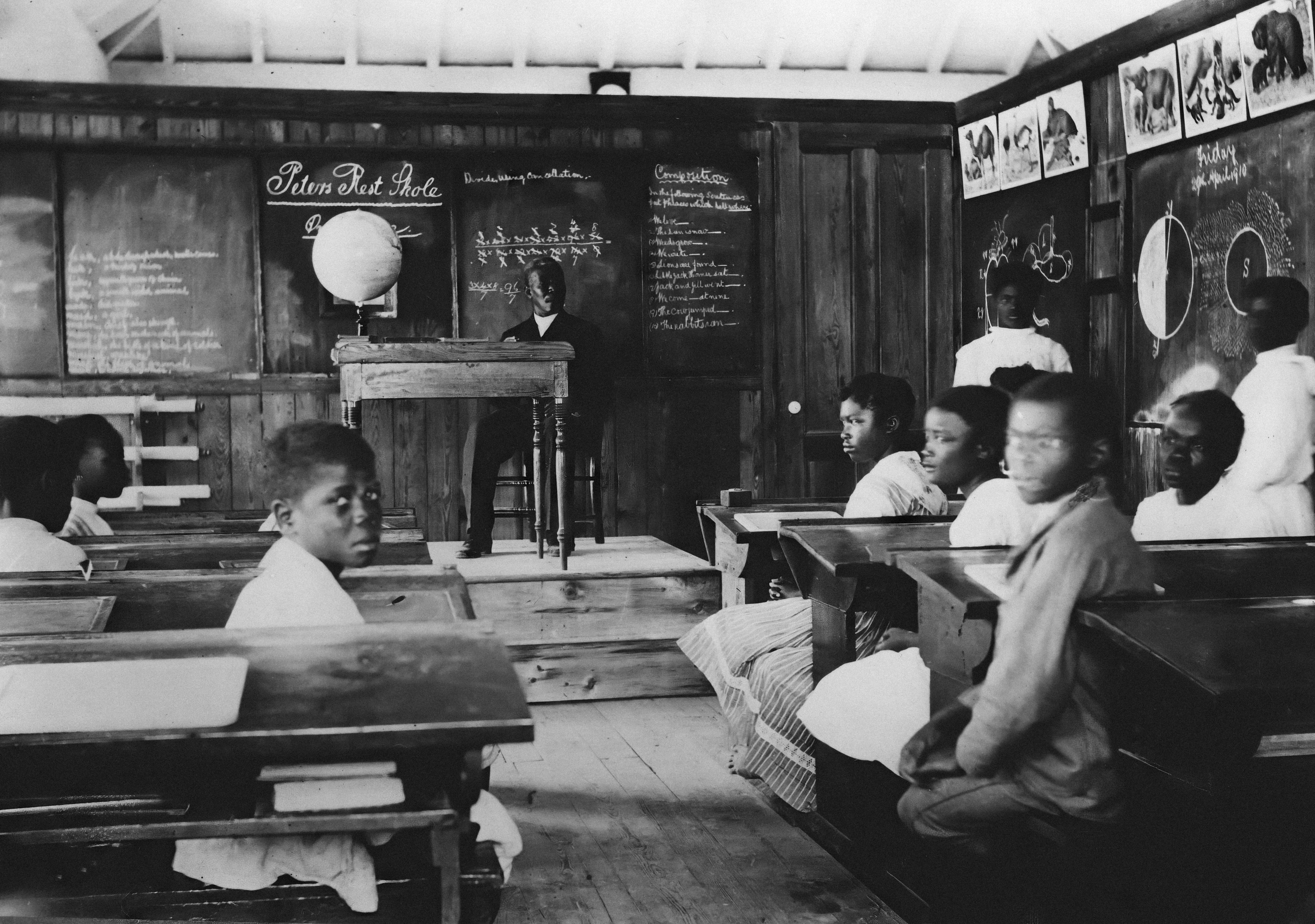
Mass media attracts a lot of interest in Nigerian colleges. It touches public relations and advertising in addition to journalism or broadcasting. Generally speaking, nailing the appropriate Joint Admissions and Matriculation Board (JAMB) course lineup is quite important. Whether or not you find a place to study Mass Communication at the university of your choice depends in great part on how well you arrange your subjects.
This article explores JAMB, O’Level (WAEC, NECO, or GCE), and even Direct Entry standards for Mass Communication, interspersed with a few practical ideas to help you stay on target.
What is mass communication, and why should it matter?
Mass communication, then, is all about disseminating knowledge via a combination of outlets including TV, radio, newspapers, and social media. For those who enjoy sharing stories, igniting ideas, or simply find themselves pulled into the media universe, it’s perfect. Generally speaking, many Nigerian students choose this career as, from tiny local businesses to large international companies, media professionals are in increasing demand.
Why does the right JAMB subject combo matter?
You certainly don’t want to botch up your topic choices; a single blunder may render you ineligible for your dream university. In most cases, having the appropriate mix provides you a clear edge during the admissions rounds and makes sure you tick all the academic boxes.
Mapping Out the JAMB Subject Combinations
Start with English Language—there’s no wriggle space here; it’s necessary for everyone. What you do next depends on which faculty your school utilises for Mass Communication. The selections can be a bit surprising, but here’s one possible breakdown:
Faculty of Arts and Humanities
• English Language (a must)
• Any three subjects from Arts or Social Sciences – popular options often include Literature in English, Government, History, CRS/IRS, or even Economics
Faculty of Administration
• English Language (no exclusions!)
• Literature in English • Government • Economics
Faculty of Social/Management Sciences
• English Language (again, compulsory)
• Any three subjects from Arts or Social Sciences. Options could be Literature in English, Government, History, CRS/IRS, or Geography, depending on the school
A Few Tips on Picking Subjects
It always pays to double-check the particular subject requirements of each university since they might change the list a little. You’ll often discover that Literature in English crops up as a key prerequisite, especially if the institution leans toward media and creative courses.
O’Level Essentials for Mass Communication
If you’re aiming for Mass Communication, you need to achieve particular O’Level qualifications. Typically, five credit passes are necessary (remember, English must be one of them). Here’s the breakdown, divided by faculty:
General Rules
• Five credit passes, with English Language in the mix
Faculty-Specific Details
• For the Faculty of Arts and Humanities: You need five SSC credit passes that include English as well as elective topics from Arts and Social Sciences—say, Literature in English and Government.
• For the Faculty of Administration: Again, five SSC credit passes are needed, with English, Literature in English, and Government coming standard; sometimes Mathematics is thrown into the mix.
• For the Faculty of Social/Management Sciences: The same five credit passes apply, with English and other relevant disciplines like Economics, Government, or CRS/IRS making the list.
Keep in Mind
Some institutions might even call for Mathematics, so always examine the fine print for your chosen institution. For example, UNN and Covenant University tend to require Literature in English as one of the essential O’Level passes.
Direct Entry for Mass Communication
If you plan to apply via Direct Entry, the criteria vary a bit. Generally speaking, review your school’s unique guidelines—every institution could have its own little variation on the standards.
This summary should help set you on the correct path. Remember, it never hurts to confirm specifics with your selected school because little adjustments can make a major difference. For DE applicants, supplementary credentials typically come into play — you might require more than just your standard exam certificates, like having certain A’Level passes or anything like.
Every faculty seems to have its own unique quirk. Take the Faculty of Arts and Humanities: you’d need two A’Level passes in arts subjects (maybe Literature in English, History, or maybe CRS/IRS). Then, if you’re leaning towards Administration, usually you must show two A’Level passes in Literature in English along with another relevant subject (say, Economics or Government); alternatively, a qualification like an ND, NCE, or HND with at least a Lower Credit in a related course might do the trick. For those interested in the Social/Management Sciences domain, the average need is two A’Level passes from Arts or Social Science subjects—or maybe an ND/NCE in a Mass Communication-related discipline that comes with a good mark.
Keep this in mind: a few universities can insist on possessing JUPEB or IJMB passes for Direct Entry candidates. It’s worth looking out these possibilities if you’re investigating all your chances.
Looking at where you may study Mass Communication in Nigeria, schools are normally grouped by faculty. In the Arts and Humanities category, you can choose the University of Nigeria, Nsukka (UNN), Ajayi Crowther University, or the National Open University of Nigeria (NOUN). Over in Administration, alternatives include Madonna University in Okija, Nasarawa State University in Keffi, and even CRUTECH (Cross River State University of Science and Technology). And if your interest lay within Social/Management Sciences, universities like University of Lagos (UNILAG), Bayero University in Kano (BUK), or Lagos State University (LASU) can be your go-to. Bear in mind—the same course can sometimes come with somewhat varied requirements depending on the faculty presenting it.
Some schools put their particular spin too. Covenant University, for example, normally demands Mathematics, Literature in English, and a scientific course on your O’Level transcript. At UNILAG, you’ll see that Literature in English is a necessity for JAMB and you need five O’Level credit passes, including Mathematics. And then there’s Bingham University which, in most circumstances, insists on Literature in English for both JAMB and O’Level. It actually pays to take a careful look at what each institution requires.
For JAMB candidates, a few practical ideas might help. Do some comprehensive research—double-check the detailed prerequisites on the JAMB IBASS portal or official university websites. Plan your studies carefully, ensuring your choices work for both JAMB and O’Level demands (Literature in English typically crops up as vital). You might also wish to meet with a career counselor or an educator for some extra help geared to your abilities and future objectives.
Mass Communication can open doors to all types of careers, from journalism to public relations. By choosing the correct JAMB subject combination and meeting all your O’Level and Direct Entry requirements, you set yourself up very well. Finally, spend some time to figure out which universities best suit your ambitions and academic record—a little more preparation and a talk with a mentor may really steer you in the right path.
Main One Post
Mass communication grabs a lot of attention in Nigerian universities. It’s not just about journalism or broadcasting—it even weaves in advertising and public relations. In most cases, nailing the right Joint Admissions and Matriculation Board (JAMB) subject lineup is a big deal. Getting your subjects sorted can really affect whether you land a spot to study Mass Communication at the university you choose.
Here’s a guide that digs into JAMB, O’Level (WAEC, NECO, or GCE), and even Direct Entry criteria for Mass Communication, sprinkled with a few handy tips to help you stay on track.
What Is Mass Communication – And Why Does It Matter?
Simply put, mass communication is all about sharing information using a mix of channels like TV, radio, newspapers, and social platforms. It’s great for folks who love telling stories, stirring opinions, or just feel drawn to the world of media. Generally speaking, many Nigerian students pick this field because there’s a rising need for media experts—from small local outlets to big multinational outfits.
Why the Right JAMB Subject Combo Matters
You really don’t want to mess up your subject choices; a single error might leave you ineligible for your dream university. In most cases, having the right mix gives you a clear edge during the admissions rounds and makes sure you tick all the academic boxes.
Mapping Out the JAMB Subject Combinations
Start with English Language—there’s no wiggle room here; it’s mandatory for everyone. What you do next depends on which faculty your school uses for Mass Communication. The choices can be a bit unpredictable, but here’s one possible breakdown:
- Faculty of Arts and Humanities
- • English Language (a must)
- • Any three subjects from Arts or Social Sciences – popular picks often include Literature in English, Government, History, CRS/IRS, or even Economics
- Faculty of Administration
- • English Language (no exceptions!)
- • Literature in English
- • Government
- • Economics
- Faculty of Social/Management Sciences
- • English Language (again, compulsory)
- • Any three subjects from Arts or Social Sciences. Options might be Literature in English, Government, History, CRS/IRS, or Geography, depending on the school
A Few Tips on Picking Subjects
It always helps to double-check the precise subject requirements of each university since they might tweak the list a little. You’ll often find that Literature in English shows up as a key requirement, especially if the school leans toward media and creative studies.
O’Level Essentials for Mass Communication
If you’re aiming for Mass Communication, you need to meet certain O’Level criteria. Typically, five credit passes are required (remember, English must be one of them). Here’s the lowdown, divided by faculty:
General Rules
• Five credit passes, with English Language in the mix
Faculty-Specific Details
• For the Faculty of Arts and Humanities: You need five SSC credit passes that include English as well as optional subjects from Arts and Social Sciences—say, Literature in English and Government.
• For the Faculty of Administration: Again, five SSC credit passes are needed, with English, Literature in English, and Government coming standard; sometimes Mathematics is thrown into the mix.
• For the Faculty of Social/Management Sciences: The same five credit passes apply, with English and other relevant subjects like Economics, Government, or CRS/IRS making the list.
Keep in Mind
Some universities might even call for Mathematics, so always check the fine print for your chosen institution. For example, UNN and Covenant University tend to require Literature in English as one of the core O’Level passes.
Direct Entry for Mass Communication
If you plan to apply via Direct Entry, the criteria shift a bit. Generally speaking, consult your school’s specific guidelines—every institution might have its own little twist on the requirements.
This rundown should help set you on the right path. Remember, it never hurts to confirm details with your preferred school because small variations can make a big difference. For DE candidates, extra credentials often come into play – you might need more than just your basic exam certificates, like having some A’Level passes or something equivalent.
Every faculty seems to have its own little twist. Take the Faculty of Arts and Humanities: you’d need two A’Level passes in arts subjects (maybe Literature in English, History, or even CRS/IRS). Then, if you’re leaning towards Administration, usually you must show two A’Level passes in Literature in English along with another relevant subject (say, Economics or Government); alternatively, a qualification like an ND, NCE, or HND with at least a Lower Credit in a related course might do the trick. For those interested in the Social/Management Sciences sphere, the typical requirement is two A’Level passes from Arts or Social Science subjects—or possibly an ND/NCE in a Mass Communication-related field that comes with a good grade.
Keep this in mind: a few institutions might insist on having JUPEB or IJMB passes for Direct Entry candidates. It’s worth checking out these options if you’re exploring all your chances.
Looking at where you can study Mass Communication in Nigeria, schools are generally grouped by faculty. In the Arts and Humanities category, you might consider the University of Nigeria, Nsukka (UNN), Ajayi Crowther University, or the National Open University of Nigeria (NOUN). Over in Administration, options include Madonna University in Okija, Nasarawa State University in Keffi, and even CRUTECH (Cross River State University of Science and Technology). And if your interest lies within Social/Management Sciences, universities like University of Lagos (UNILAG), Bayero University in Kano (BUK), or Lagos State University (LASU) might be your go-to. Bear in mind—the same course can sometimes come with slightly different requirements depending on the faculty offering it.
Some schools add their unique spin too. Covenant University, for example, generally requires Mathematics, Literature in English, and a science subject on your O’Level transcript. At UNILAG, you’ll notice that Literature in English is a must for JAMB and you need five O’Level credit passes, including Mathematics. And then there’s Bingham University which, in most cases, insists on Literature in English for both JAMB and O’Level. It really pays to take a careful look at what each institution expects.
For JAMB candidates, a few practical pointers might help. Do some thorough research—double-check the detailed requirements on the JAMB IBASS portal or official university websites. Plan your subjects carefully, ensuring your choices work for both JAMB and O’Level needs (Literature in English often pops up as essential). You might also want to chat with a career counselor or an educator for some extra guidance tailored to your strengths and future ambitions.
Mass Communication can open doors to all sorts of careers, from journalism to public relations. By choosing the right JAMB subject combination and meeting all your O’Level and Direct Entry requirements, you set yourself up pretty well. Finally, take some time to figure out which universities best suit your goals and academic record—a little extra preparation and a chat with a mentor can really steer you in the right direction.






